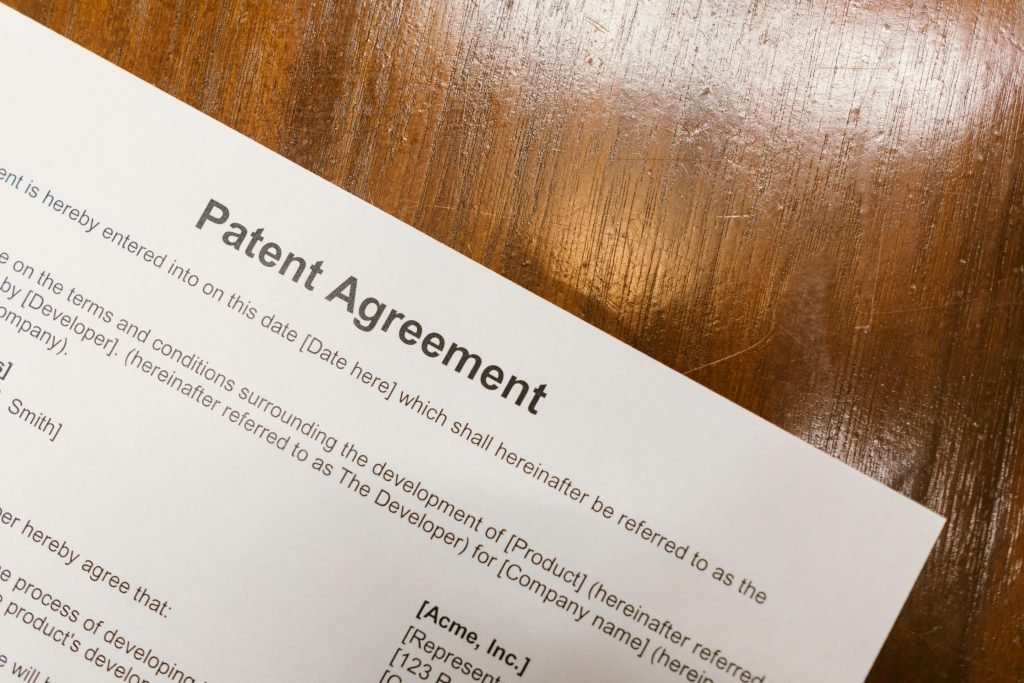Introduction: The Importance of Intellectual Property for Startups
Intellectual property for startups is a critical asset that protects innovation, builds brand identity, and attracts investors. In competitive markets, safeguarding intangible assets like patents, trademarks, copyrights, and trade secrets ensures startups maintain their edge while fostering growth. By prioritizing intellectual property strategies early on, startups can unlock sustainable success and navigate challenges effectively.
Why Intellectual Property is Essential for Startup Success
Protecting Innovation Through Intellectual Property Rights
Startups rely on their unique ideas and products to differentiate themselves:
-
Patents: Secure exclusive rights to inventions and prevent competitors from copying them.
-
Trademarks: Protect brand elements like names, logos, and slogans to build recognition.
-
Copyrights: Safeguard creative works such as software code or marketing materials.
These protections ensure startups can monetize their innovations without fear of imitation.
Enhancing Brand Identity with Intellectual Property
A strong brand identity is vital for standing out in crowded markets:
-
Trademarks: Help establish a distinct presence by protecting symbols and slogans.
-
Copyrights: Preserve the originality of creative outputs like designs or content.
By leveraging intellectual property, startups can foster customer loyalty and prevent brand dilution.
How Intellectual Property Drives Startup Growth
Attracting Investors with a Robust IP Portfolio
Investors view intellectual property as a sign of stability and potential:
-
Valuation boost: Patents and trademarks increase the perceived value of a startup.
-
Risk mitigation: IP rights reassure investors about legal protections against competitors.
-
Negotiation leverage: IP can be used as collateral or bargaining power during funding discussions.
Startups with well-protected IP are more likely to secure funding and partnerships.
Creating Licensing Opportunities for Revenue Generation
Intellectual property opens doors to monetization through licensing:
-
Technology licensing: Share patented innovations with other companies for royalties.
-
Brand licensing: Allow others to use trademarks under controlled agreements.
Licensing not only generates revenue but also expands market reach without additional operational costs.
Strategies for Managing Intellectual Property in Startups
Prioritizing an IP Strategy Early in Development
An effective IP strategy ensures long-term success:
-
Identify key assets like inventions or branding elements that need protection.
-
Allocate resources to secure patents, trademarks, or copyrights strategically.
-
Regularly review IP portfolios to adapt to evolving market conditions.
Early planning prevents costly disputes and strengthens competitive positioning.
Navigating International IP Protection
Global expansion requires robust intellectual property management:
-
Register patents and trademarks in target markets to prevent infringement abroad.
-
Understand regional IP laws to comply with regulations effectively.
-
Collaborate with legal experts to streamline international filings.
Securing global IP rights ensures startups can scale confidently across borders.
Overcoming Challenges in Protecting Intellectual Property
Balancing Costs with Effective Protection
IP protection can be expensive but is essential:
-
Focus on high-value assets that drive growth and revenue potential.
-
Utilize affordable tools like open-source platforms for initial filings.
Startups must prioritize cost-effective solutions while safeguarding critical innovations.
Defending Against Infringement in Competitive Markets
Startups face risks of IP theft or misuse:
-
Monitor competitors actively to identify potential infringements early.
-
Take legal action swiftly using cease-and-desist letters or litigation when necessary.
Proactive measures help preserve intellectual property integrity and reputation.
Conclusion: Unlocking Startup Potential Through Intellectual Property Strategies
Intellectual property for startups is more than just legal protection—it’s a cornerstone of innovation, growth, and competitive advantage. By safeguarding their ideas, building strong brand identities, attracting investors, and leveraging licensing opportunities, startups can unlock their full potential in dynamic markets.
In today’s fast-paced business environment, prioritizing intellectual property strategies ensures startups not only survive but thrive while setting the foundation for long-term success.

